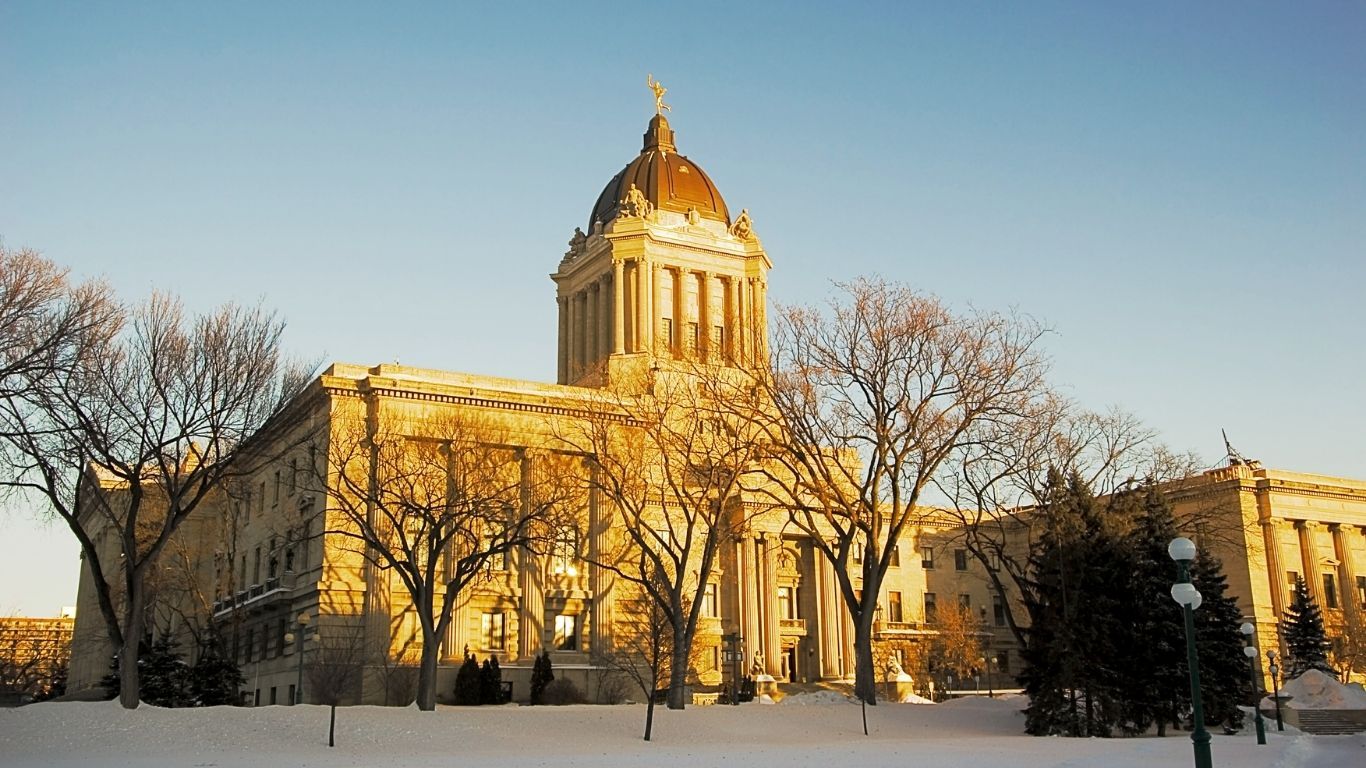
The Association of Manitoba Municipalities recently released a position paper that, along with two other economic priorities, calls on the province to share 25% of its cannabis tax revenue with its municipalities.
The issue was raised in the association’s annual meeting with the province’s Minister of Economic Development and Jobs, Ralph Eichler.
Although Manitoba opted out of the federal excise tax program that directs 75% of federal cannabis taxes to the provinces, the province has established their own tax of $.75 a gram on non-medical cannabis and a 9% tax on medical cannabis.
The province also collects a cannabis retailer Social Responsibility Fee of 6% on the annual revenues from the sale of non-medical cannabis by all provincially-licensed cannabis retailers, of which there are now more than 60. In the first year and a half of legalization the province collected taxes on $75 million worth of cannabis.
The resolution, sponsored by the cities of Thompson and Flin Flon, calls on the province to share 25% of their tax revenue with municipalities. The same issues were raised in the association’s pre-budget plan earlier this year, as well. The report notes that the Federation of Canadian Municipalities says that municipal administration and local policing costs related to legalization will total $3-4.75 million per 500,000 residents, representing a range of approximately $210-335 million per year in costs incurred by municipalities across Canada.
“According to the Federation of Canadian Municipalities (FCM), municipal administration and local policing costs linked to cannabis legalization will total $3-4.75 million per 500,000 residents on an annual basis,” wrote the AMM in an email to StratCann. “Since these costs should not be downloaded to municipalities, it is imperative that municipalities be included as meaningful participants in revenue-sharing conversations. We continue to urge the federal and provincial governments to co-develop a revenue-sharing model that respects municipal authority.”
Other municipalities in other provinces have also been asking where their share of the cannabis excise tax is. In their annual meeting last September, the Union of BC Municipalities (UBCM) noted that although provinces successfully lobbied the federal government prior to legalization for a larger share of federal tax revenue, in part to address the cost of implementation of legalization at the municipal level, BC munis have yet to see any of that revenue. The municipal organization also says the provincial government “continues to decline UBCM’s requests to negotiate a cannabis taxation revenue sharing agreement”.
Saskatchewan’s municipal organization, MuniSask, also issued a resolution in 2019 asking for munis’ share of the province’s federal excise tax. A representative with MuniSask says they still have not received their share and continue to lobby the province.
The federal/provincial agreement to share 75% of the federal excise tax on cannabis with provinces is up for review, and several municipal organizations say they are lobbying the federal government to include the need to share this with municipalities in any new agreements signed. Although the federal government increased the provinces’ share of the excise tax from a proposed 50% to 75% with the promise that provinces would share it with their municipalities, the promise was not written into the contract and was therefore not binding.
Ontario and Quebec are the only two provinces that have committed to such tax sharing.











